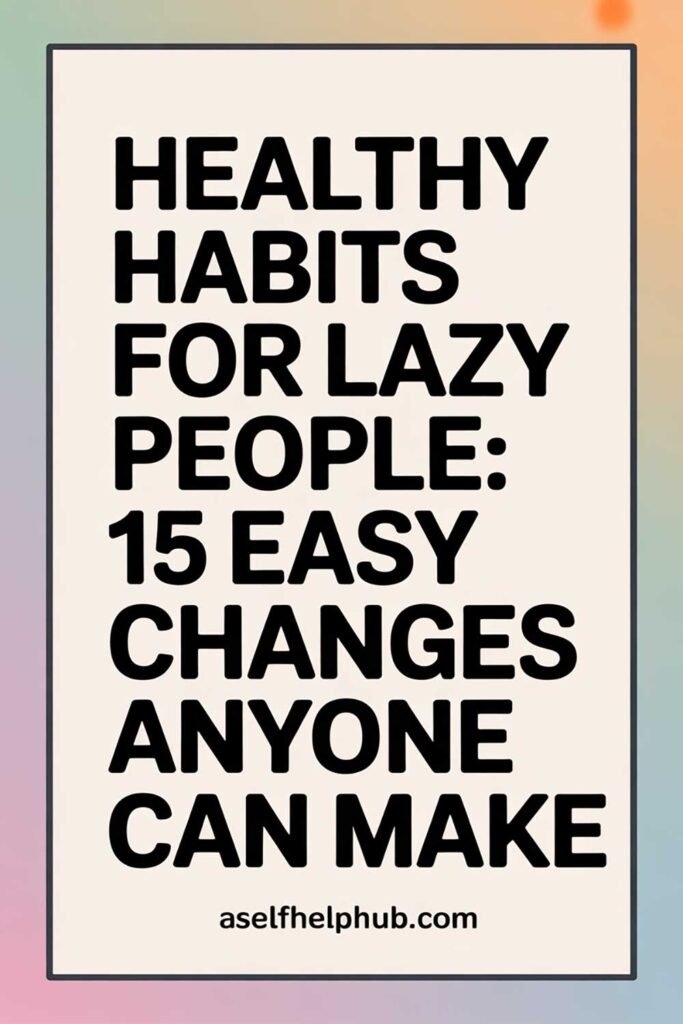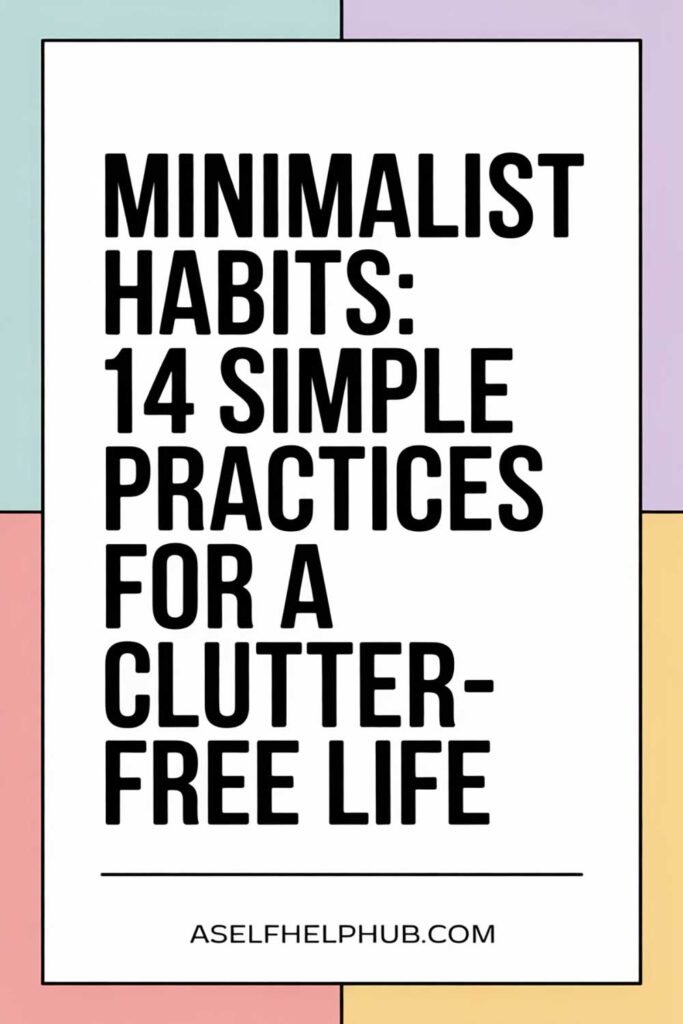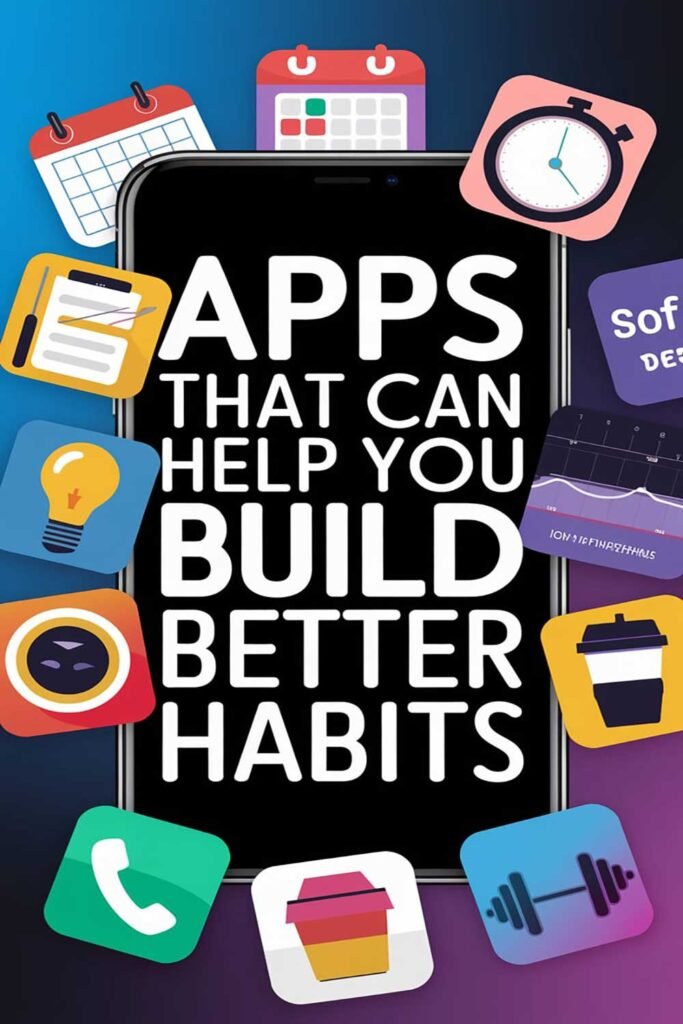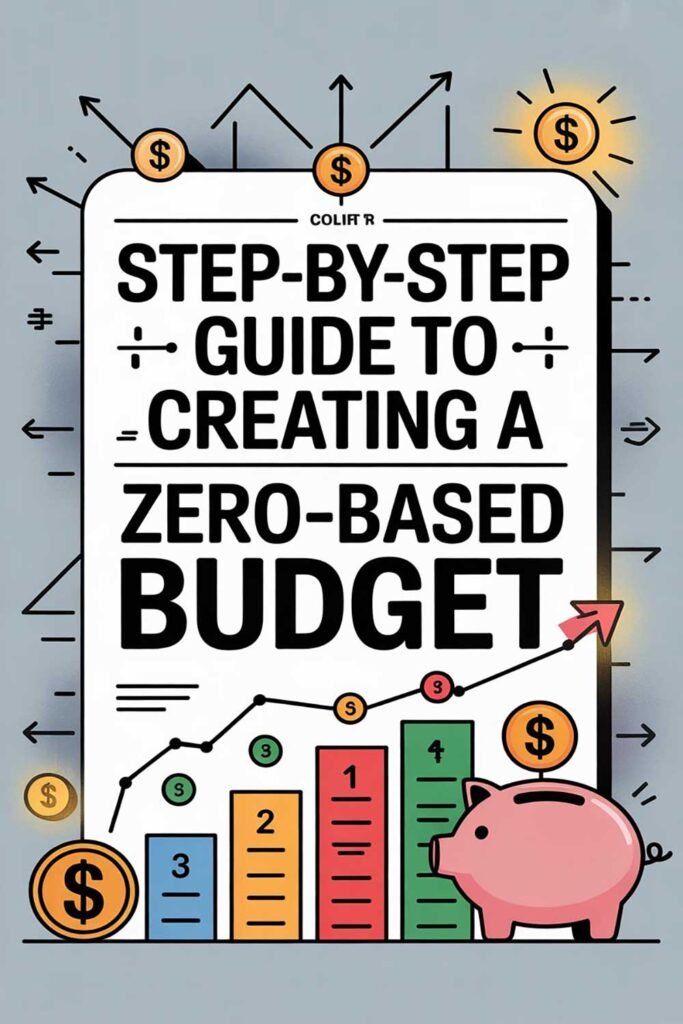Managing Tech Addiction
Technology is an integral part of our daily lives, but excessive use can lead to tech addiction, affecting mental health, relationships, and productivity. Understanding how to manage and balance technology use is essential for overall well-being. In this article, we’ll explore strategies to reduce tech dependency and regain control over your digital habits.

1. Recognizing the Signs of Tech Addiction
Before managing tech addiction, it’s important to recognize the signs. Some common indicators include:
- Constantly checking your phone, even when there are no notifications.
- Feeling anxious or irritable without access to devices.
- Losing track of time while using social media, gaming, or browsing the web.
- Neglecting responsibilities, relationships, or personal well-being due to screen time.
2. Setting Healthy Digital Boundaries
Creating boundaries helps prevent excessive technology use. Consider these strategies:
- Set Screen Time Limits: Use built-in features like Apple’s Screen Time or Android’s Digital Wellbeing to monitor and limit usage.
- Designate Tech-Free Zones: Keep devices out of bedrooms and dining areas to encourage real-world interactions.
- Schedule Breaks: Implement the 20-20-20 rule—every 20 minutes, take a 20-second break and look at something 20 feet away.
- Use Do Not Disturb Mode: Silence notifications during work, meals, and bedtime.
3. Practicing Mindful Tech Consumption
Being mindful of how and why you use technology can help manage dependency.
- Unsubscribe from Unnecessary Notifications: Reduce distractions by disabling non-essential alerts.
- Curate Your Digital Environment: Unfollow accounts that don’t add value and organize apps to minimize distractions.
- Engage in Intentional Tech Use: Set specific purposes for using devices instead of mindless scrolling.
4. Replacing Screen Time with Healthy Alternatives
Reducing tech reliance becomes easier when you replace it with meaningful activities:
- Exercise Regularly: Physical activities like yoga, running, or sports help break the cycle of constant tech use.
- Pick Up a Hobby: Engage in activities such as reading, painting, or learning a musical instrument.
- Spend Time Outdoors: Nature walks, hiking, or picnics can provide a much-needed digital detox.
- Connect Face-to-Face: Strengthen relationships by having in-person conversations rather than relying on digital communication.
5. Implementing Digital Detox Periods
A digital detox allows your mind to reset and refocus on the present.
- Try a Weekend Tech Detox: Spend one or two days unplugged to reconnect with offline activities.
- Use a Basic Phone: Temporarily switch to a simple phone with no internet access for focused living.
- Set a Social Media Break: Take a week off from social media to reassess your relationship with technology.
6. Using Technology to Reduce Tech Dependency
Ironically, technology can also help manage tech addiction:
- Apps like Freedom and Forest: Block distracting websites and encourage focused time.
- Blue Light Filters: Use Night Shift (iOS) or Night Mode (Android) to reduce eye strain.
- Productivity Tools: Utilize apps like RescueTime to track and manage screen time effectively.
7. Seeking Support for Tech Addiction
If tech addiction severely impacts daily life, seeking help can be beneficial:
- Join a Support Group: Online or in-person groups can provide accountability.
- Consult a Professional: Therapists and counselors specializing in digital addiction can offer personalized strategies.
- Involve Family and Friends: Let loved ones help enforce healthy tech habits.
Final Thoughts
Technology is a powerful tool, but when it begins to interfere with your well-being, it’s time to take control. By recognizing addiction signs, setting boundaries, practicing mindfulness, and engaging in healthy alternatives, you can develop a balanced relationship with technology. Implement these strategies today to reclaim your time and focus on what truly matters.
Inspirational Quotes
- “Almost everything will work again if you unplug it for a few minutes, including you.” – Anne Lamott
- “Technology is a useful servant but a dangerous master.” – Christian Lous Lange
- “There is no Wi-Fi in the forest, but you will find a better connection.” – Unknown
- “You will never reach your destination if you stop and throw stones at every dog that barks.” – Winston Churchill
- “Simplicity is the ultimate sophistication.” – Leonardo da Vinci
- “Disconnect to reconnect.” – Unknown
- “Do not let your phone control you; control your phone.” – Unknown
- “Take time to live life, it will inspire your work.” – Unknown
- “Spend more time creating memories than capturing them.” – Unknown
- “The best way to predict the future is to create it.” – Peter Drucker
Picture This
Imagine waking up without reaching for your phone first thing in the morning. Instead, you stretch, enjoy a cup of coffee, and embrace the quiet moments. Your day unfolds with meaningful conversations, outdoor activities, and deep focus on your goals. At night, you read a book rather than scrolling through endless feeds. Without technology consuming your time, you feel more present, balanced, and fulfilled. This is the power of managing tech addiction—reclaiming your time and rediscovering life’s simple joys.
Please Share This Article
If you found this guide helpful, please share it with anyone who may be struggling with tech addiction. Together, we can create healthier digital habits for a more balanced life.






